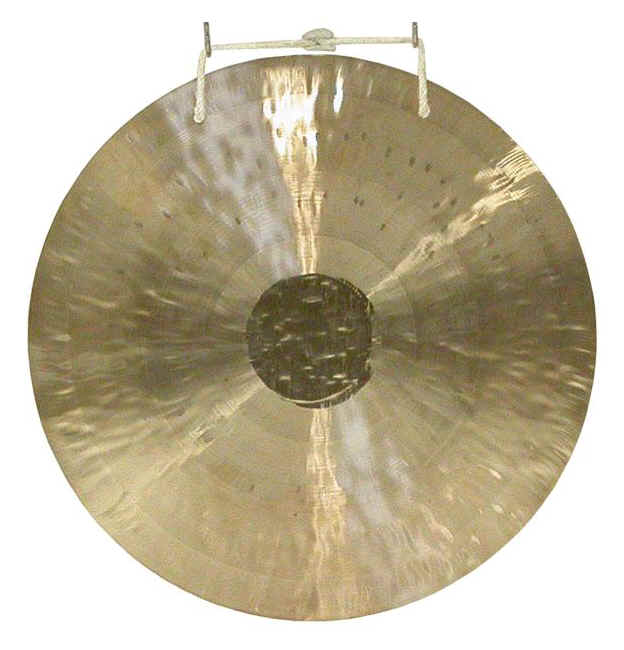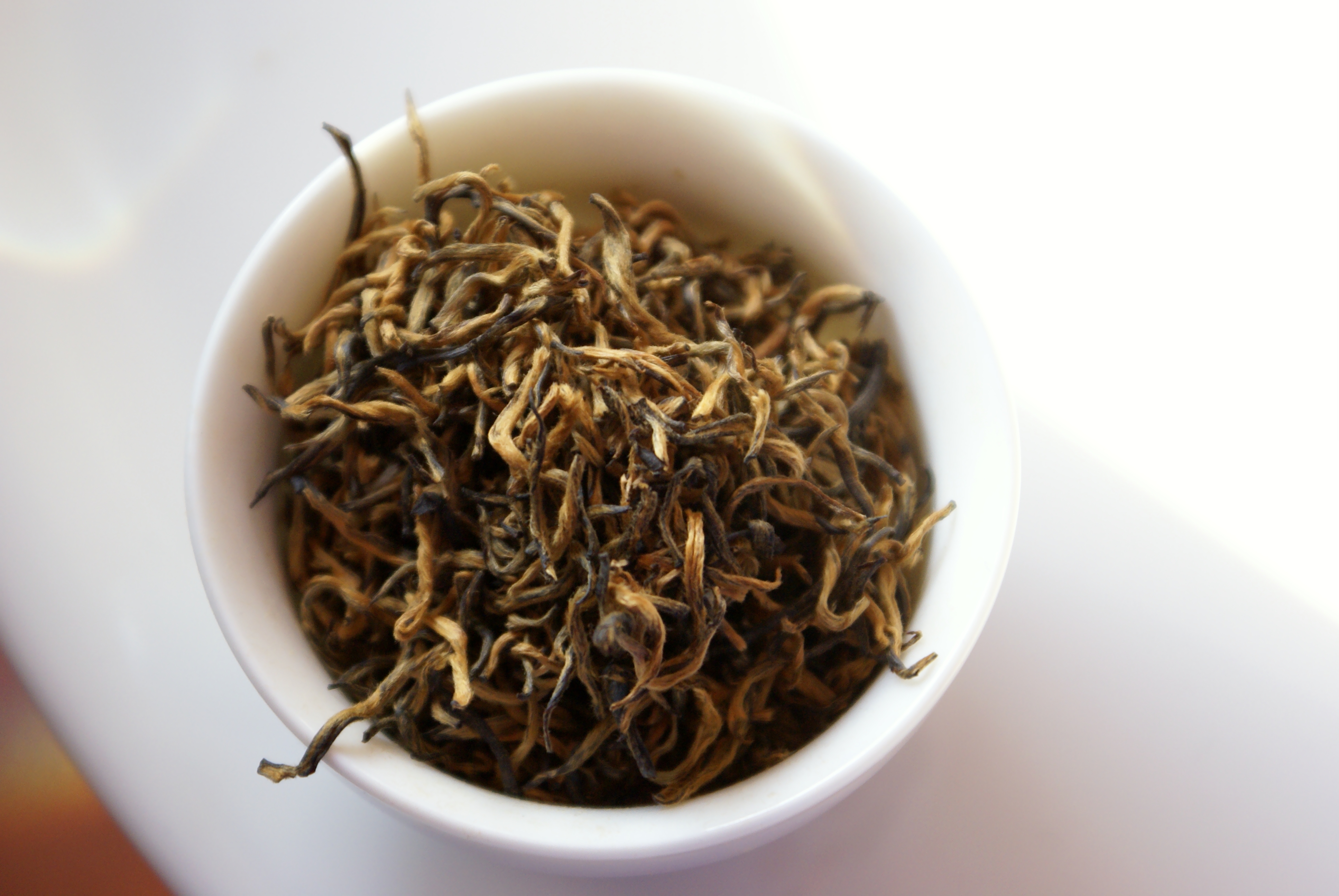Wine racism?
Posted on 29 September 2011
The Decanter World Wine Award for Red Bordeaux Varietal over £10 went to a wine from China: the He Lan Qing Xue Winery 2009 Jiabeilan Cabernet.
This caused a veritable stir in the wine community. From the hundreds of comments on the internet, see this article by Victoria Moore for The Telegraph where she tasted the wine and found it nonplussing (there are some doubts as to the condition of that bottle). One particularly vitriolic discussion occurred on Jamie Goode’s Wine Anorak blog [that post has now been deleted by the blogger – 30th Sep 14:00] where the DWWA’s objectivity of judgment was put into question.
Reassuming the main points that were raised, it seems that:
- few people seem ready to admit that the Chinese wine won the Trophy on its own merits because
- China has no history of producing high-quality wine,
- few if any Chinese wines have demonstrated to reach so high a level of quality, and it’s implied that
- the wine was likely made with imported fruit and
- it’s a curious coincidence the award would happen at a time when Decanter is strongly increasing its business in China, and
- in a broader sense, when China is becoming a major market for Western wine while at the same time it has so far failed to achieve recognition for its own wine.
The attitude of many commentators is really surprising. While China admittedly has not shone with the quality of its wines in the past, it’s only natural it would break through at some moment, and I’m amazed there is so much resistance to that inevitable fact. Did you know China is now the world’s fifth largest producer of wine? It makes more bottles than Argentina, Chile, Australia, Germany or Portugal. Yet no one would make a story of a German wine winning a Trophy.
It’s also a truism that good commercial wine can nowadays be made everywhere. As Debra Meiburg rightly pointed out on Facebook, a winery from Thailand has already won two silvers and bronzes at international competitions in the last few years – yet that didn’t create nearly so much outrage. There are award-winning wines also from Belgium as well as England – honestly I wouldn’t think of these places as so vastly superior geographically to China as to automatically dismiss the latter as a source of good wine.
A Trophy going to China at a time when Western media including Decanter increasingly look at China as a source of readership and publicity budgets is indeed a happy coincidence. Just as it was when Li Yundi won the Chopin Piano Competition in 2000 or Na Li the 2011 women’s Rolland Garros, because pianos, CDs and sports are also things we are trying to sell to the Chinese. Yet did anyone imply Na Li’s win was orchestrated behind the scenes? The DWWA blind tasting regime by experienced juries is so rigorous (as is that of its direct competitor, the International Wine Challenge) that it does seem a little stretched to imply their results were doctored. I find it much more reasonable to conclude that Chinese Cabernet actually was that good.

Did you know the best musical gongs are only made in China? No Western-made gong can approach that quality.
Yet apart from unfounded prejudice, there’s another political aspect to the whole story that I found even more worrying. It’s that almost paternalistic looking down on China that I actually find slightly racist. It’s not racism on a personal level, but it is an undercurrent of negative bias that is deeply encoded into the dominant narrative here. China just cannot make a world-class Cabernet because it has no ‘wine tradition’ or ‘wine culture’. China can buy our bonds and Bordeaux, it can produce 99% of the world’s toys and shoes but when it comes to a precious product like fine wine, imbued with heritage and prestige, well it’s just impossible.
This is exactly the sort of post-colonial paternalism that was once used to dismiss Californian red wine until the Judgment of Paris revolutionised the wine world. Today no-one would think of suggesting a New Zealand Sauvignon or Chilean Syrah cannot compete respectably with a wine from France. Yet in a transformed form, that paternalistic approach persists. A very good wine from Montenegro, Georgia or even Greece is usually met with disbelief, and now the assumption that fine wine is purely a Gallic & WASP speciality is being challenged by Asia, provoking an outrage. You’d assume the wine world to be a very open-minded place but stereotypes run deep.



